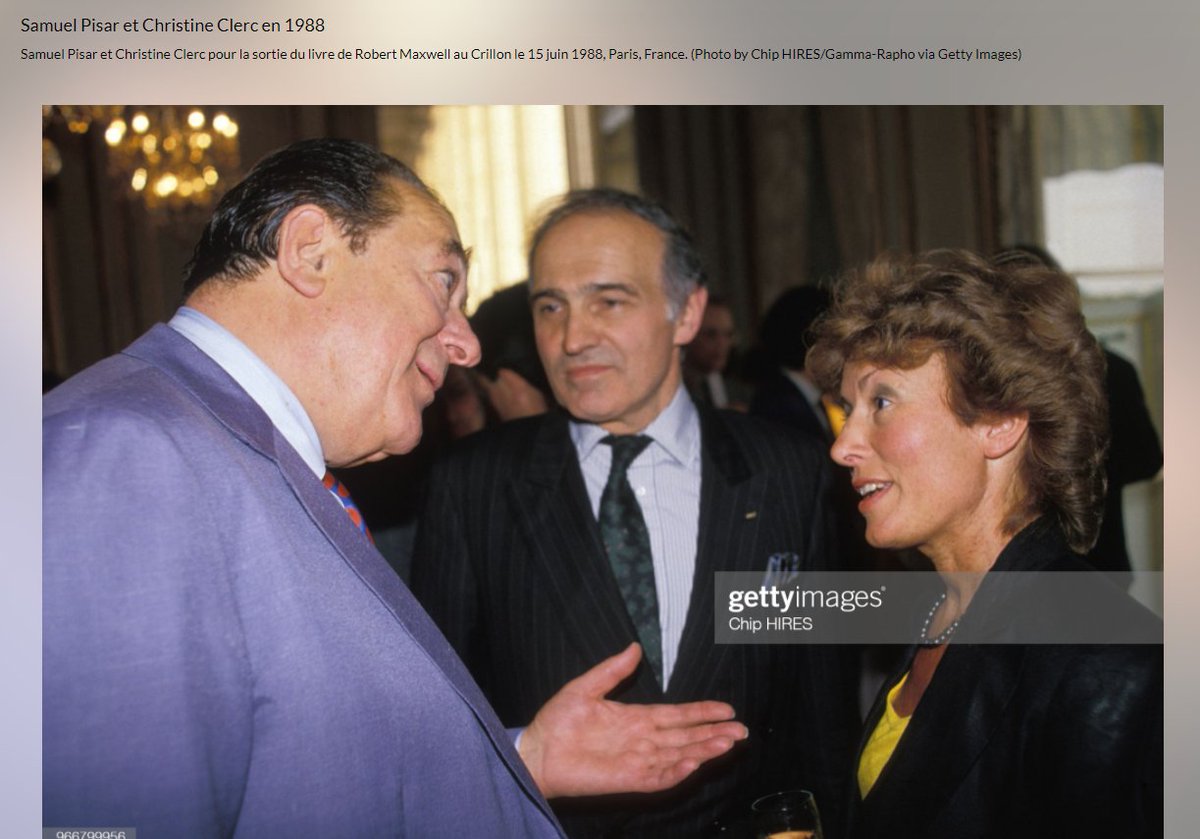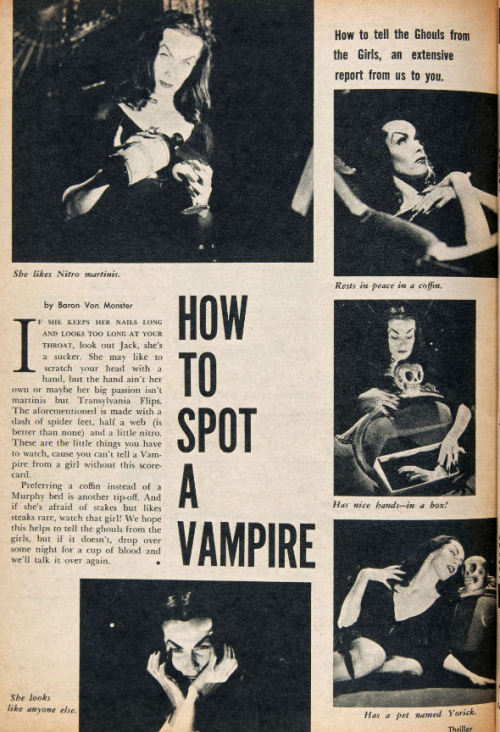Let's get started with a bit of backstory...
I was told today about an event that shed light on a recent change to the PH ranking algorithm
A maker on Ramadan Makers launched a product, reached a decent amount of upvotes. They never made it to the homepage.
Quite frankly, this is fine. We really don't expect ALL maker products to reach the homepage, considering PH should probably have a quality bar.
However, looking at the homepage just showed a different picture: products from bigger companies with only 12 upvotes, featured.
This is a problem: it is probably now a little harder for indie or products from creators to get featured on the homepage, which sadly is a huge problem for most rising and new makers on the scene right now.
But there's a bigger problem, and it's a culture one.
Makers nowadays have a very harmful culture when it comes to launching on Product Hunt.
This is the usual product lifecycle nowadays:
1. Launch on PH, Twitter
2. Gain attention and "internet points"
This causes issues.
After the launch, a few paths can occur, either...
a. Mistake the "hype" from your immediate circle as validation and ship someone nobody wants
b. Let the product die off as one feels satisfied with the launch
None of these are steps towards building a successful business.
First: hype from your circle doesn't mean validation.
Remember how we tell ourselves not to gather validation from family members?
The literal equivalent happens in the maker community - because we're all mostly invested in each other's success, similar to a family.
Case study: before Cowork's launch, we set a very clear mindset. We thought: "this is probably going to get hype, but we can't take it as validation".
It turned out as a lesson for us: we validated mostly externally (customer discovery interviews) and what I call "gold nuggets".
"Gold nuggets" are when certain market segments you target reach out to you expressing interest.
This is probably the best value you can get from hype.
Validation = customer discovery + paying customers + gold nuggets.
But ultimately... people vote with their wallets.
Second: Product Hunt launching isn't the end-all-be-all of marketing. You probably won't reach your niches.
We have created this culture where the ultimate goal of building a product is to launch on x place and that's it.
No. This is not what the maker community is about.
We're here to create sustainable businesses, and encouraging things like this isn't healthy.
I say this out of a place of extreme care for the community - we sometimes have to acknowledge we're doing things wrong, and I admit - I've taken part in this problem.
We all have.
One of the core principles of the community is to market directly to your niche.
We've turned our back on that advice (unless you are targeting tech).
We're all bad at marketing, and promoting this culture of "launch once, success after" isn't doing us any favors.
Now, going back to the situation that occurred today:
This is the deeper problem beginning to bite back at us. We've created a *hard* dependency on Product Hunt for the success of our products, and that's a *scary* power to give to only one company.
Disclosure: Before continuing, I will be fully honest.
This does *not* have anything to do with PH Makers and Makerlog competing in the same market segment.
Before accusations are thrown around: I will make clear that I am *not* doing this to hurt their company in any way.
However, someone just needs to bite the bullet and say it:
We must evaluate our stances on marketing, especially when we've created a culture that gives so much power to a sole entity.
An algorithm change shouldn't "make or break" a product. You, the maker, should.
Now, culture problems aside,
@ProductHunt: we expect some transparency on the algorithm.
The fact that the entire maker community (for better or for worse) sees launching on your site as the "magic bullet to success" already gives you a LOT of power.
...and changing the algorithm to disadvantage smaller makers over bigger corporations and more curated content is, quite honestly, fine...
As long as you're honest and transparent about it.
I see this not as PH trying to be malicious or anything. Trust me, I really don't see it this way (and I don't think anyone else should).
This is a side effect of a greater problem.
Finally, the intent of this thread is not to expose or hurt anyone. I do not wish to stir the pot in any way.
In fact, I invite you to put your pitchforks down if they're up.
The intent is to open a healthy dialogue on this awful monoculture we've created.
Thanks for reading this thread.
I will probably follow up this post on
https://t.co/ce0562FI3M, our new blog (which ironically launches on PH tonight...).
I hope you take something away from this, and I invite the community to discuss these ideas.
After all, we're just trying to create sustainable businesses, and the least we can do is be honest to ourselves about things.
One (more) thing: This does not necessarily represent Makerlog's opinions.
This is all pretty much just my thoughts - not Makerlog's/Unfinite's.


